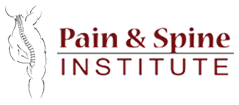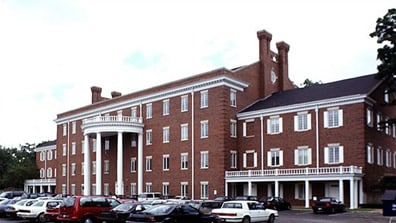Herniated & Bulging Disc Pain in Chicago, IL
Doctors employ a variety of terminology to characterize spinal disc pathology and associated pain, including “herniated disc,” “pinched nerve,” and “bulging disc.”
Unfortunately, healthcare practitioners do not agree on a specific definition of any of these phrases, and patients may be confused if they hear their illness referred to in multiple ways. Many terminologies that are interchangeable (ruptured disc, torn disc, slid disc, collapsed disc, disc protrusion, disc illness, black disc) might add to the confusion.
Rather than worrying about which phrase is used, it is more important for patients to comprehend the specific medical diagnosis for their situation.
The medical practitioner assesses the source of the patient’s discomfort by reviewing the patient’s medical history and using a mix of:
If you are experiencing symptoms of herniated or bulging disc pain in Chicago, schedule a consultation with us!

Two Causes of Pain: Pinched Nerve vs. Disc Pain
Physicians use two broad types of spinal disc abnormalities to determine the origin of the patient’s pain:
Pinched nerve
Patients with a symptomatic herniated disc experience pain because a leaking disc is pinching a nerve. This causes radicular pain (e.g. nerve root pain). Sciatica is the medical term for leg discomfort caused by a pinched nerve. Other typical causes of a pinched nerve include spinal stenosis and bone spurs caused by spinal arthritis.
Disc pain
For patients with a symptomatic degenerative disc, the disc space is the source of the pain. This is known as axial pain. Either of the two conditions mentioned above can develop in the neck, upper back, or lower back. They are most common in the lower back since the lower back bears the most torque and strain daily.
All of the terminology – herniated disc, pinched nerve, bulging disc, slipping disc, ruptured disc, and so on – refer to radiographic findings detected on a CT or MRI scan. While these test findings are significant, they are not as valuable for pinpointing the source of pain as the patient’s specific symptoms and the doctor’s physical exam results at a pain clinic in Chicago.


